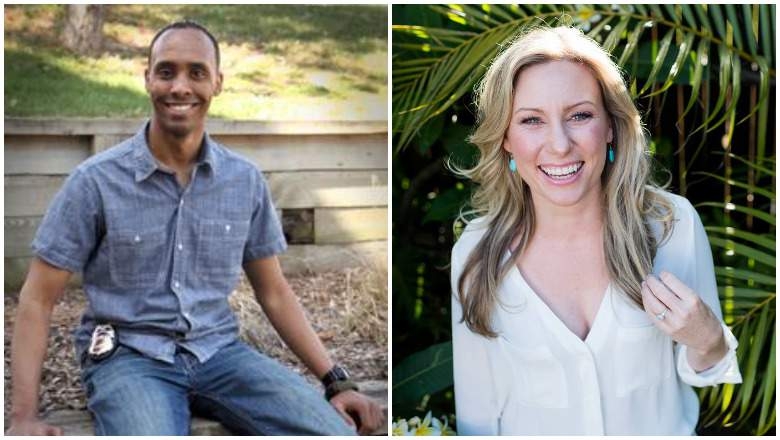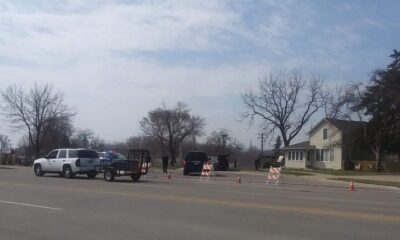National
Prosecutor needs longer on cop’s killing of Australian woman

MINNEAPOLIS — A Minnesota prosecutor said Thursday that he needs more time to decide whether to charge a police officer who fatally shot an Australian woman after she called 911 for help.
Minneapolis Officer Mohamed Noor shot 40-year-old life coach Justine Ruszczyk Damond in July, just minutes after she called police to report a possible sexual assault in the alley behind her home. Her death drew international attention, cost the local police chief her job and prompted major revisions to the police department’s policy on body cameras.
Hennepin County Attorney Mike Freeman had promised a charging decision by year’s end. But on Thursday, he said his office was “getting more information and evidence, and additional investigation must be completed.”
“The investigation and review of the case will not be rushed,” he said in a statement.
Freeman was captured on video two weeks ago at a holiday reception saying investigators hadn’t brought him enough evidence to warrant charging the officer. On Thursday, he set no new timetable for a charging decision but said he had spoken with Damond’s family to inform them of the delay.
Damond’s family released a statement saying her relatives in Australia and the U.S., including her fiance in Minneapolis, supported Freeman’s decision. They said they want the investigation concluded as soon as possible “so that we have some resolution to the tragedy.”
“We want justice and appreciate the support from all those who want the same. We ask for the public’s patience to allow the investigation to continue,” the family statement said.
Noor has not spoken publicly about the case and has declined to speak with state investigators. His attorney, Tom Plunkett, has raised questions about Freeman’s objectivity.
Noor’s partner, Officer Matthew Harrity, told investigators he was startled by a loud noise right before Damond approached the driver’s side window of their police SUV on July 15. Harrity, who was driving, said Noor then fired his weapon from the passenger seat, shooting Damond.
Damond, who was unarmed, died of a gunshot wound to the abdomen.
The officers didn’t turn on their body cameras until after the shooting, and there was no squad camera video of the incident. The lack of video was widely criticized, with Damond’s family members among those calling for changes in procedure, including how often officers were required to turn on their cameras.
The shooting also prompted questions about Noor’s training. The 32-year-old was a two-year police veteran and a Somali-American whose arrival on the police force had been celebrated by city leaders and Minnesota’s large Somali community. Noor had trained in business and economics, and worked in property management before becoming a police officer.
Then-Police Chief Janee Harteau defended Noor’s training, saying he was suited to be on the street, even as she criticized the shooting itself. But Harteau — who was on vacation when the shooting happened and didn’t make her first public appearance until several days later — was forced out soon after by Mayor Betsy Hodges, who said she had lost confidence in the chief.
Harteau’s replacement, Medaria Arradondo, quickly announced a policy change requiring officers to turn on their body cameras when responding to any call or traffic stop.
Damond’s death marked the third high-profile Minnesota police shooting in recent years in which a prosecutor took on the responsibility of making a charging decision rather than relying on a grand jury. The grand jury process has been criticized for its secrecy and for the rarity of officers being charged.
In one of those cases, Freeman elected not to file charges against two officers involved in the November 2015 death of Jamar Clark in Minneapolis. The shooting of the 24-year-old Clark, who was black, set off repeated protests and an extended encampment outside the police precinct headquarters.






